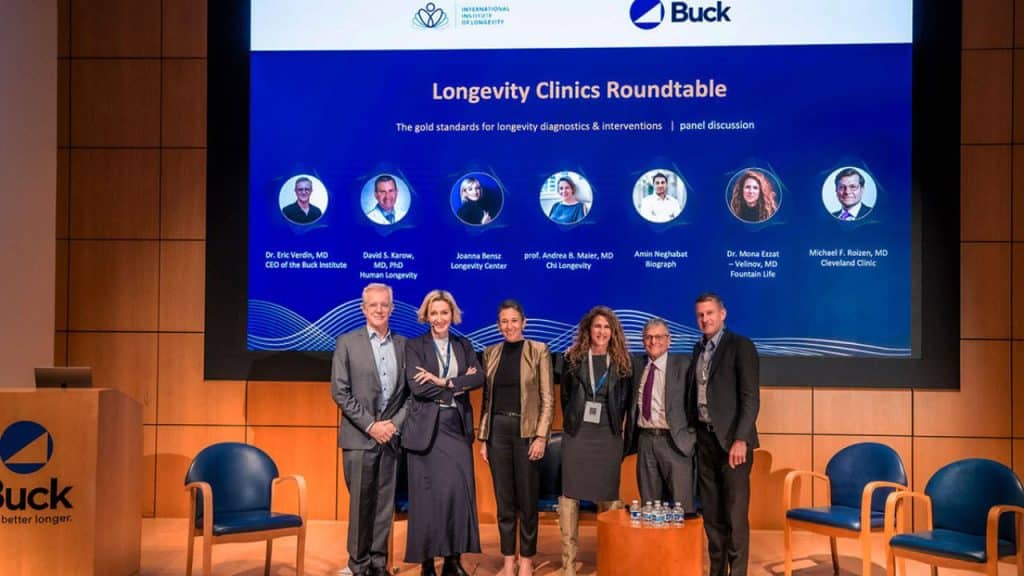History is full of abuses of medicine. Unethical doctors carry out experimental and sometimes dangerous procedures without consent, use treatments that have no scientific basis, and put their own reputation or profits ahead of their patients. How do we make sure that the booming world of longevity only follows the best practices? That’s one of the big current debates. (https://longevity.technology/news/looking-for-gold-standards-for-longevity-clinics/).
When you seek any type of healthcare, you’re trusting your provider to be qualified and professional and to have your best interests at heart. You’re probably expecting that any diagnosis is based on rigorously tested and applied criteria, and that the recommended therapies are evidence-based and supported by clinical trials. When the stakes are so high, with your health and longevity on the line, you want the highest standards.
Unfortunately, the world of medicine can also be a bit of a Wild West, especially when it comes to new and innovative treatments. When you’re ill and scared, desperate for anything that can help, it can be hard to spot the con artists taking advantage of your misfortune. At best, you’ll spend huge piles of money on something that doesn’t work. At worst, your health could be damaged even further.
Longevity science is a fairly new and rapidly growing field, with its boundaries not clearly defined and its regulatory framework still under construction. There’s a lot of pressure to establish rules and standards to protect patients and consumers, and to ensure public confidence. This was a major topic at the first-ever International Roundtable of Longevity Clinics, hosted at the Buck Institute in California by the Buck Institute and the International Institute of Longevity.
The conference started by looking at the current situation with longevity clinics, then attendees shared ideas, knowledge and experience to try to identify ways to improve. For example, many places currently label themselves “longevity clinics”, but there is no set standard that defines what “longevity clinic” means and how they should operate. There are also debates about how to measure aging or to evaluate the effectiveness of therapies.
Collaboration is essential for establishing standards because it allows different parties to bring their unique experience and expertise to the table. By identifying current situations and trends and then building on them, hopefully they will find a way to define best practices for longevity clinics, allowing consumers to feel safer and more confident.




